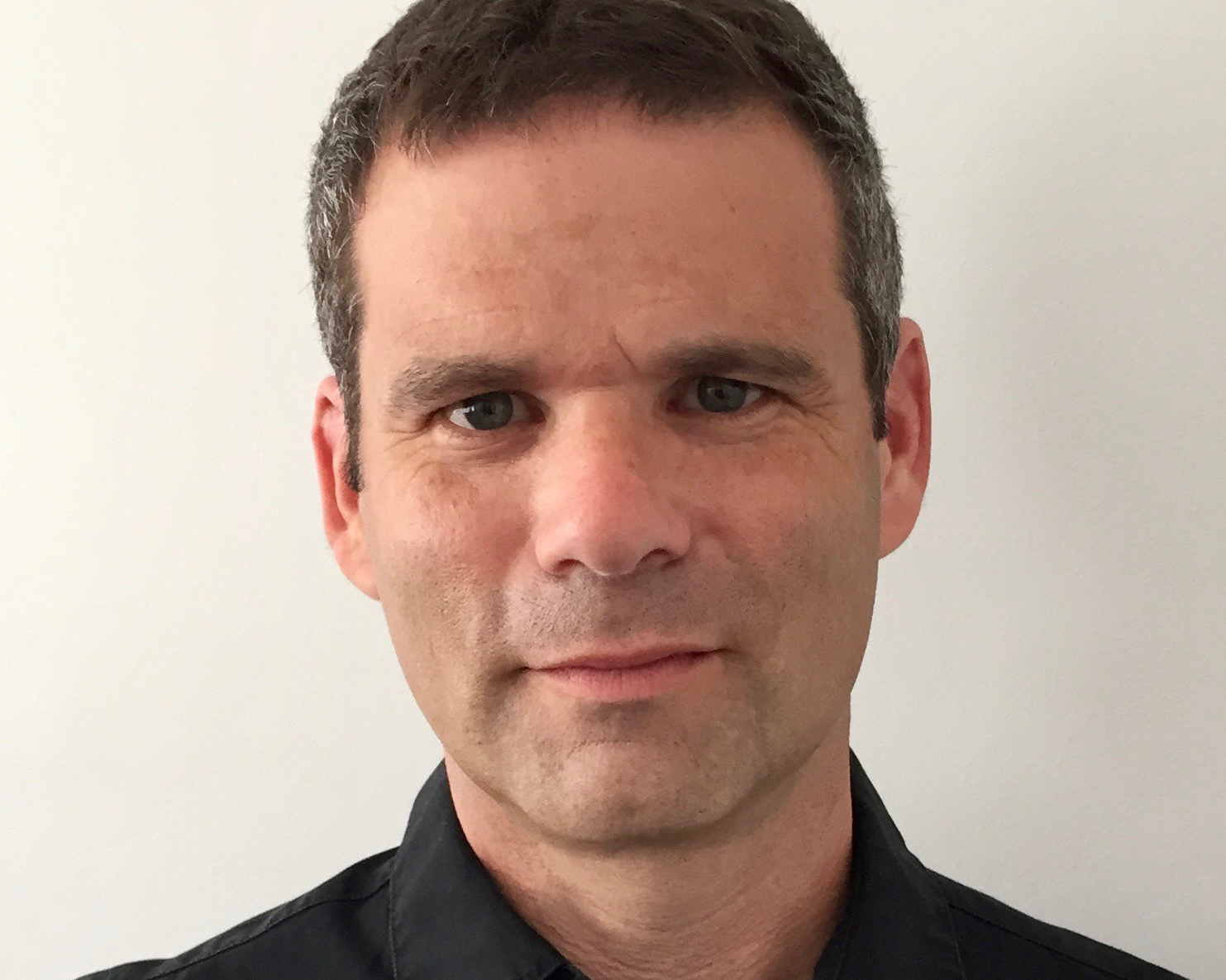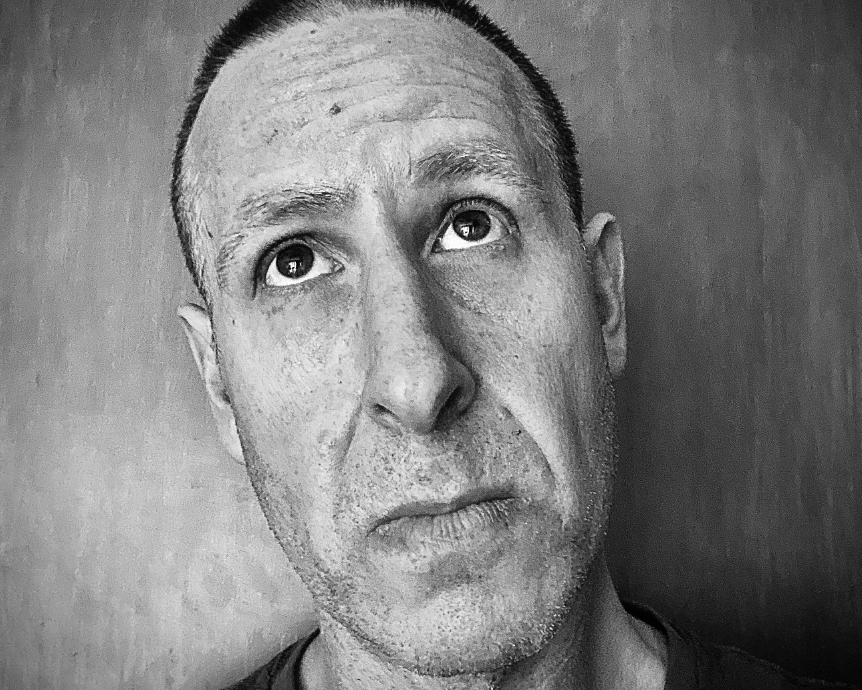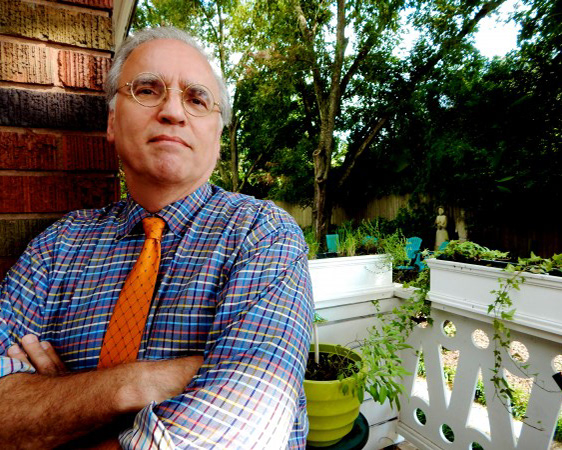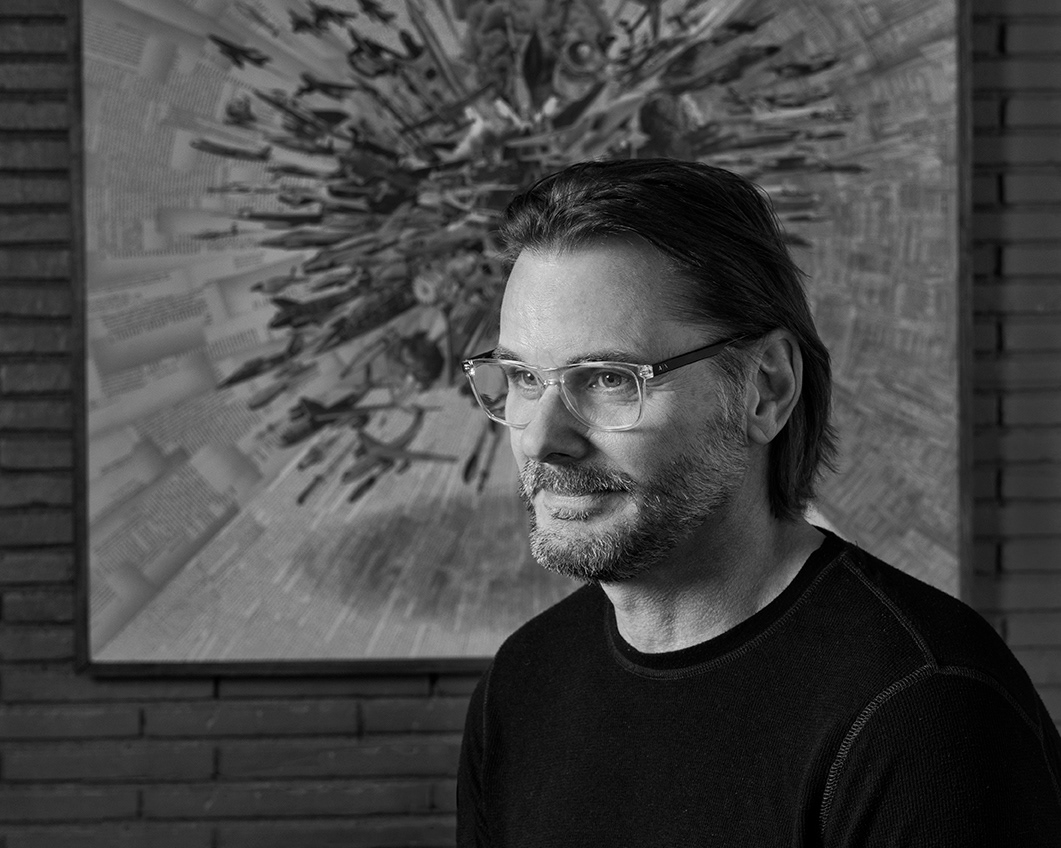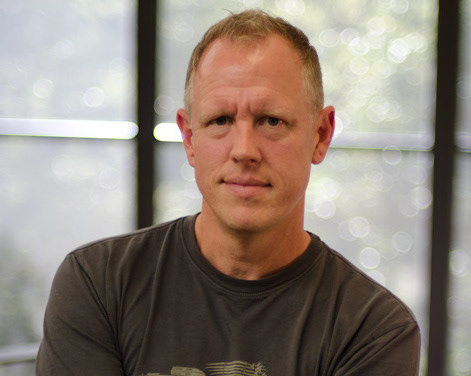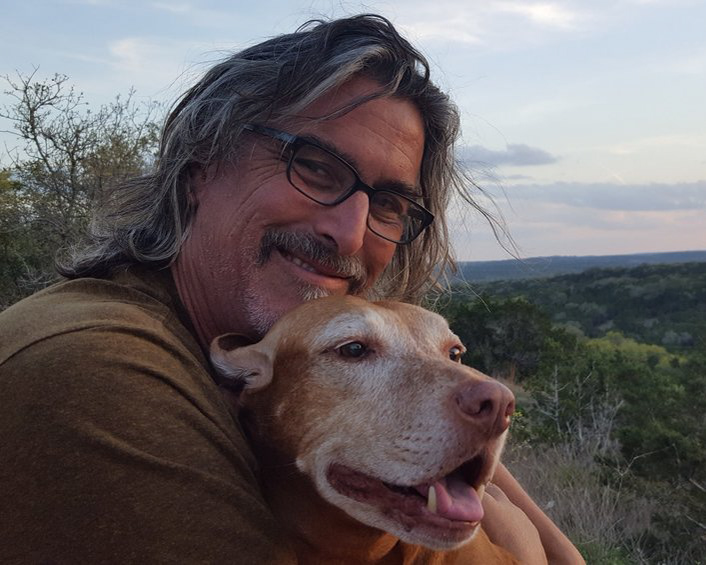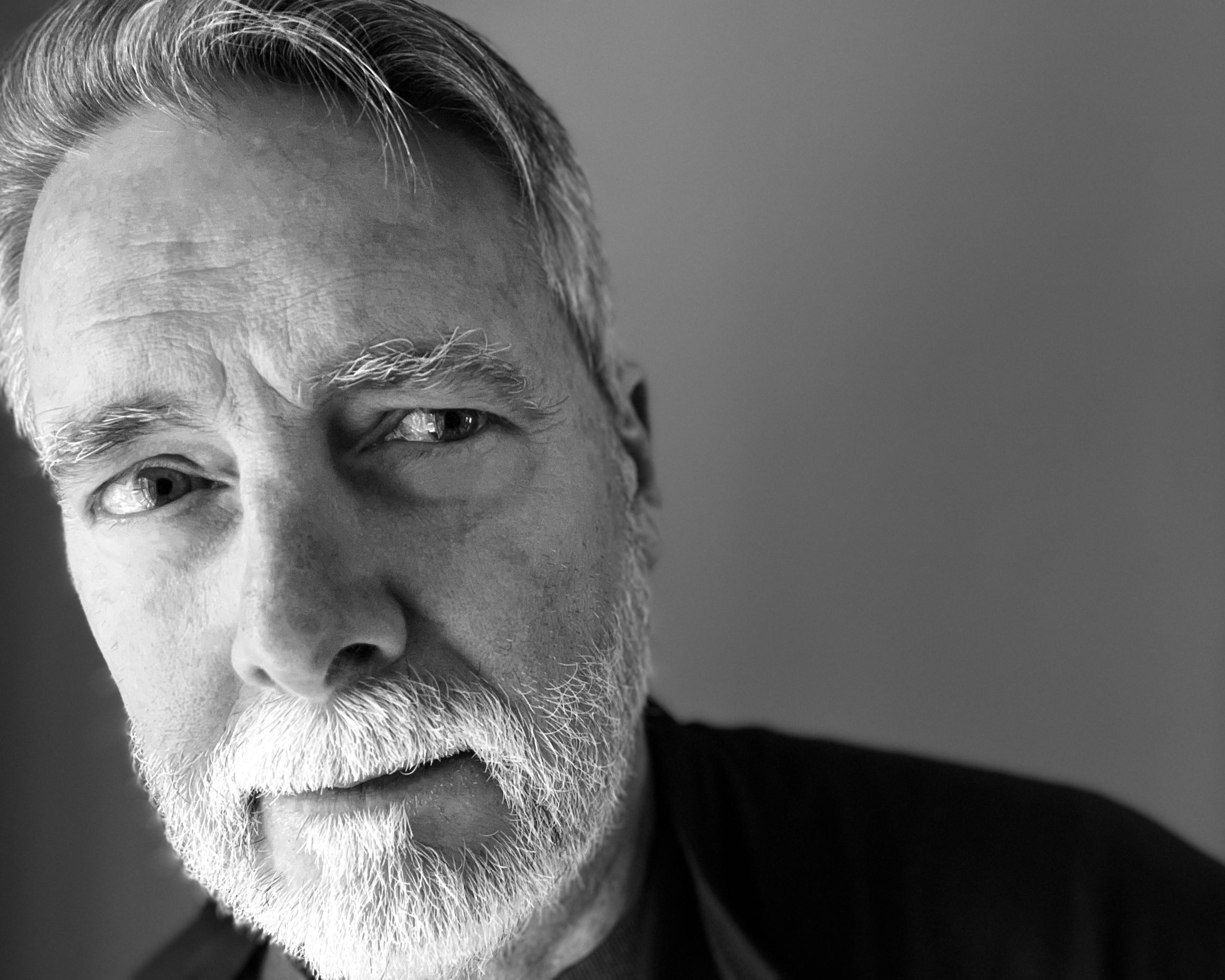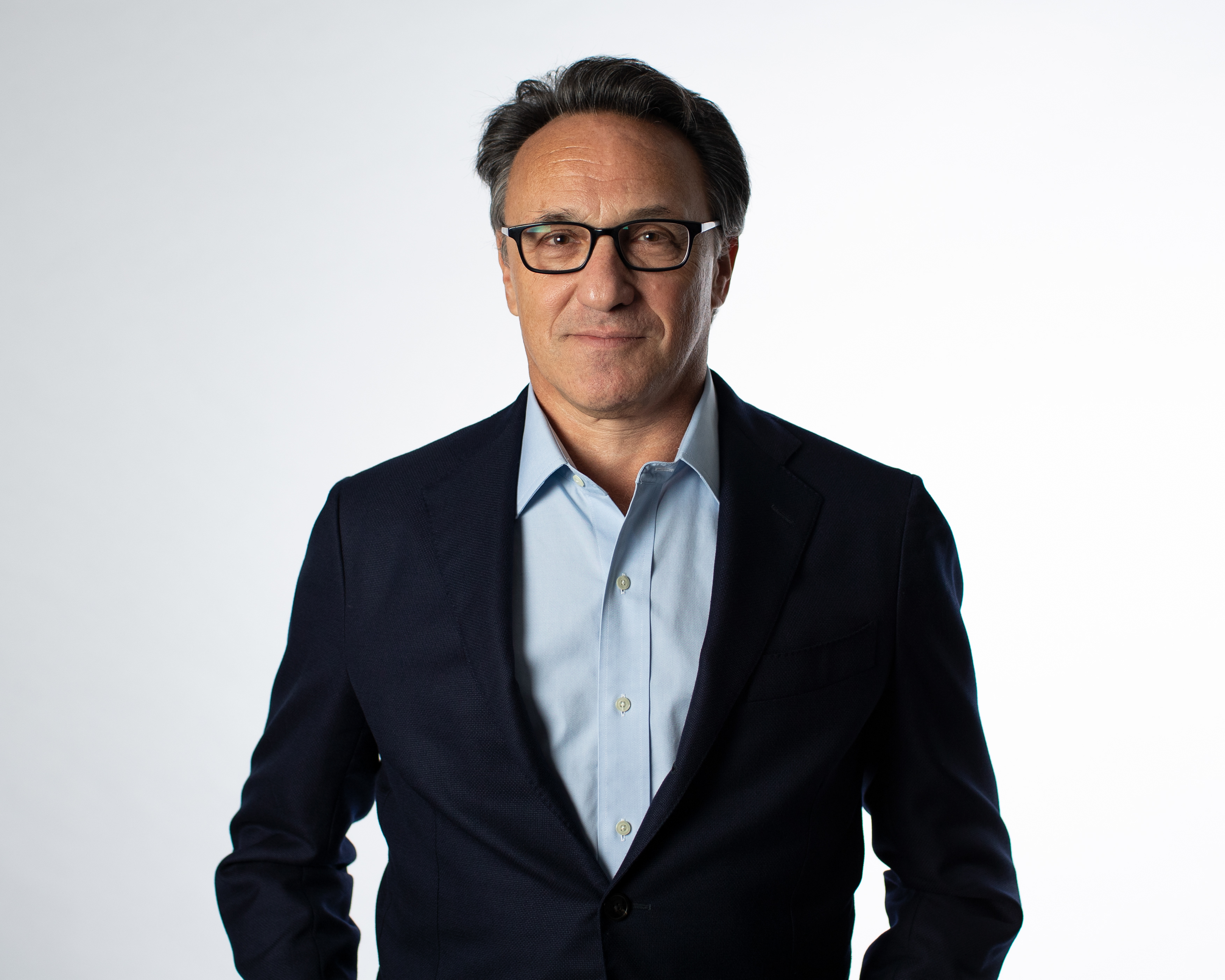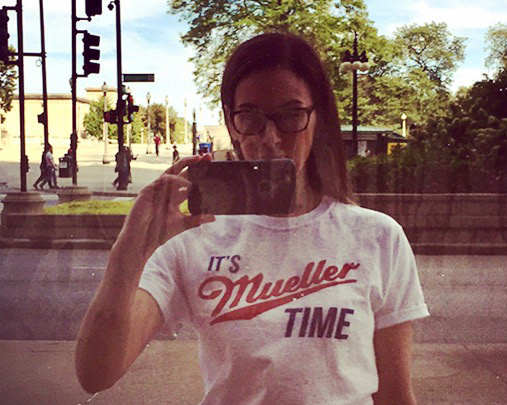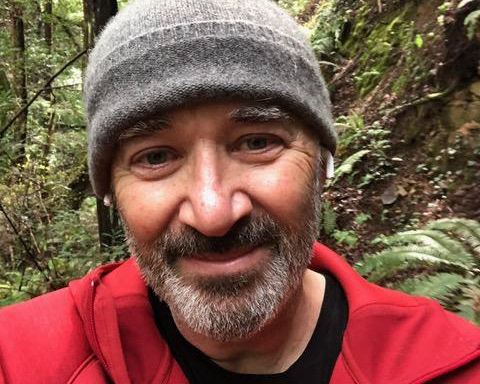Sean is a newly appointed CCO at Mintz and Hoke (congrats, Sean!) whose advertising career started in Denver nearly 30 years ago. But even as he was working his way up at a number of agencies throughout Denver, Detroit and NYC (where he ultimately held an ECD title at Grey), he was always out photographing wildlife. It all started not in any particular city, but in the back of a Subaru Outback, where he lived for a year as he traveled to every U.S. state compiling images for his first book, American Hydrant, published in 2004. Since then, Sean’s international travels have taken him to all seven continents, where he’s documented everything from the smallest of invertebrates to the largest of mammals. And we bet he’s one of the very few advertising creatives who have awards from the Smithsonian and National Geographic sharing a shelf with a Cannes Lion.
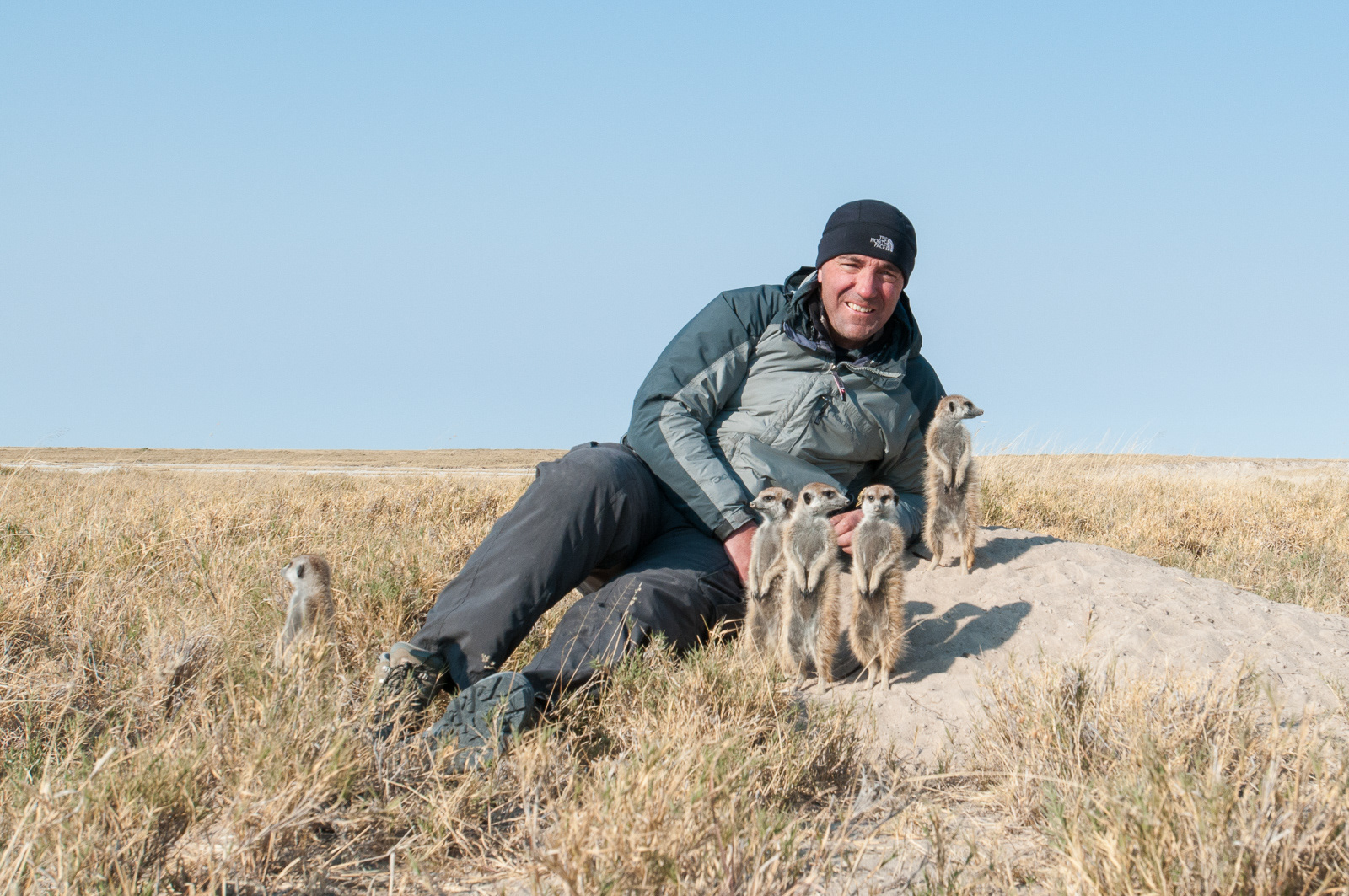
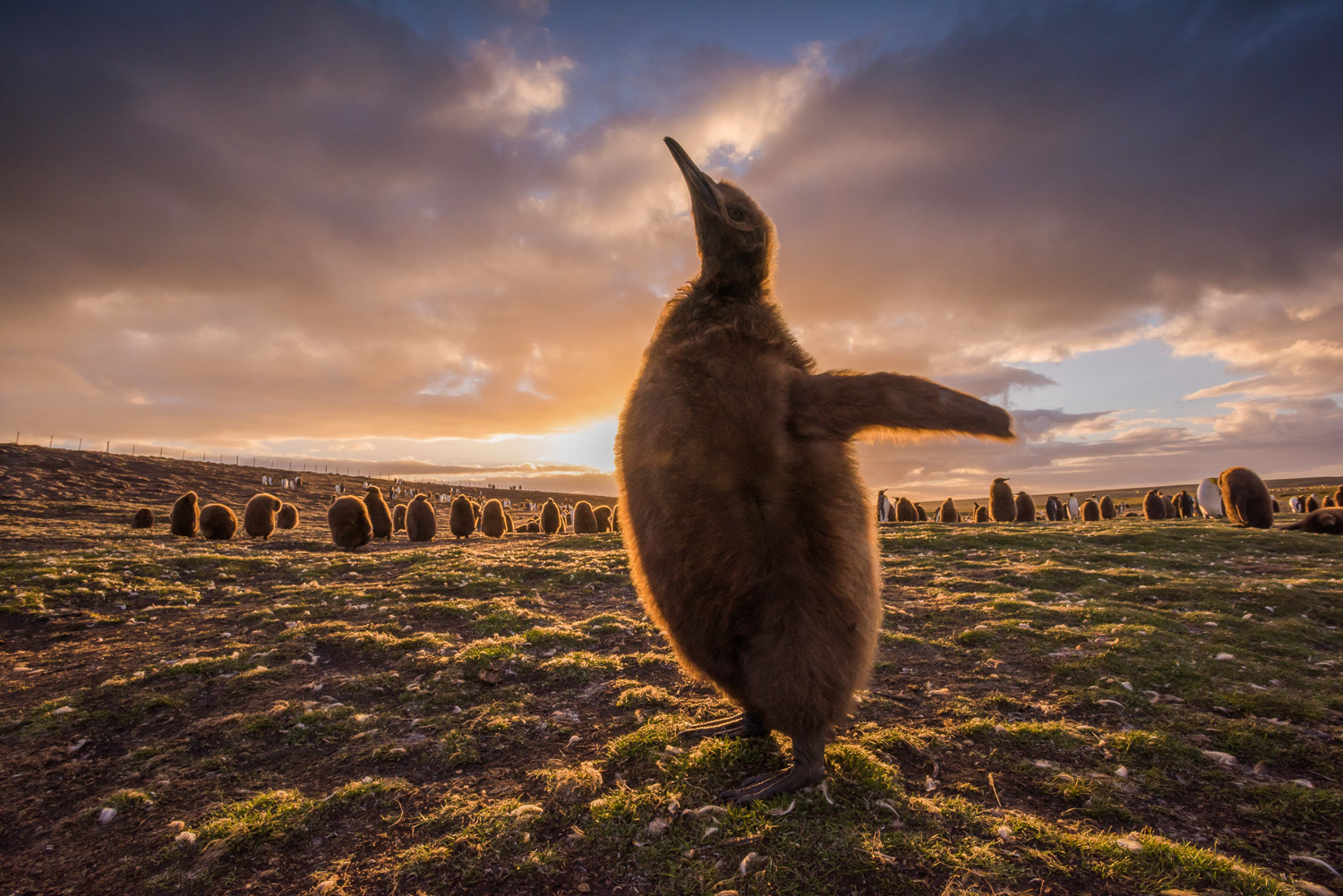
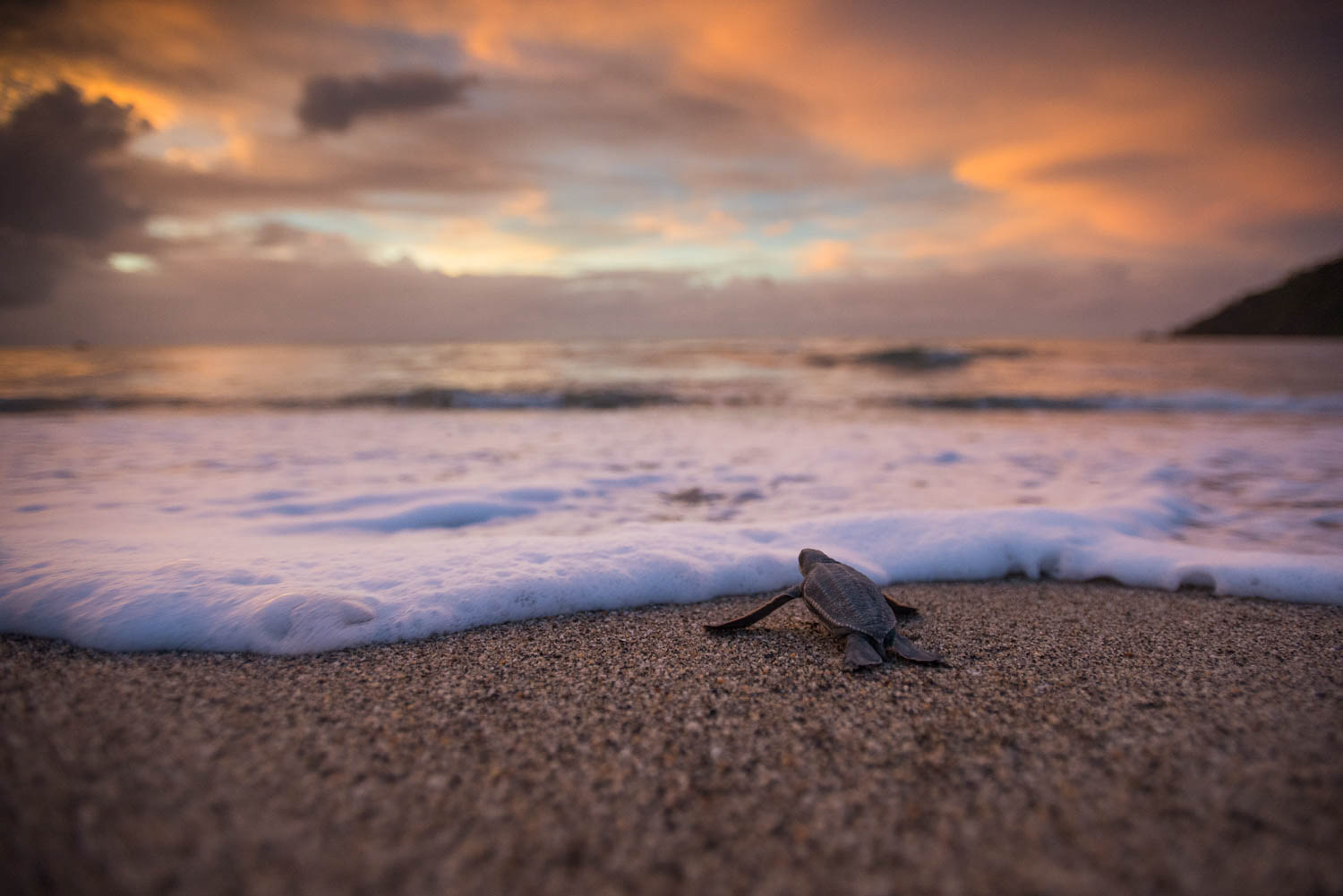
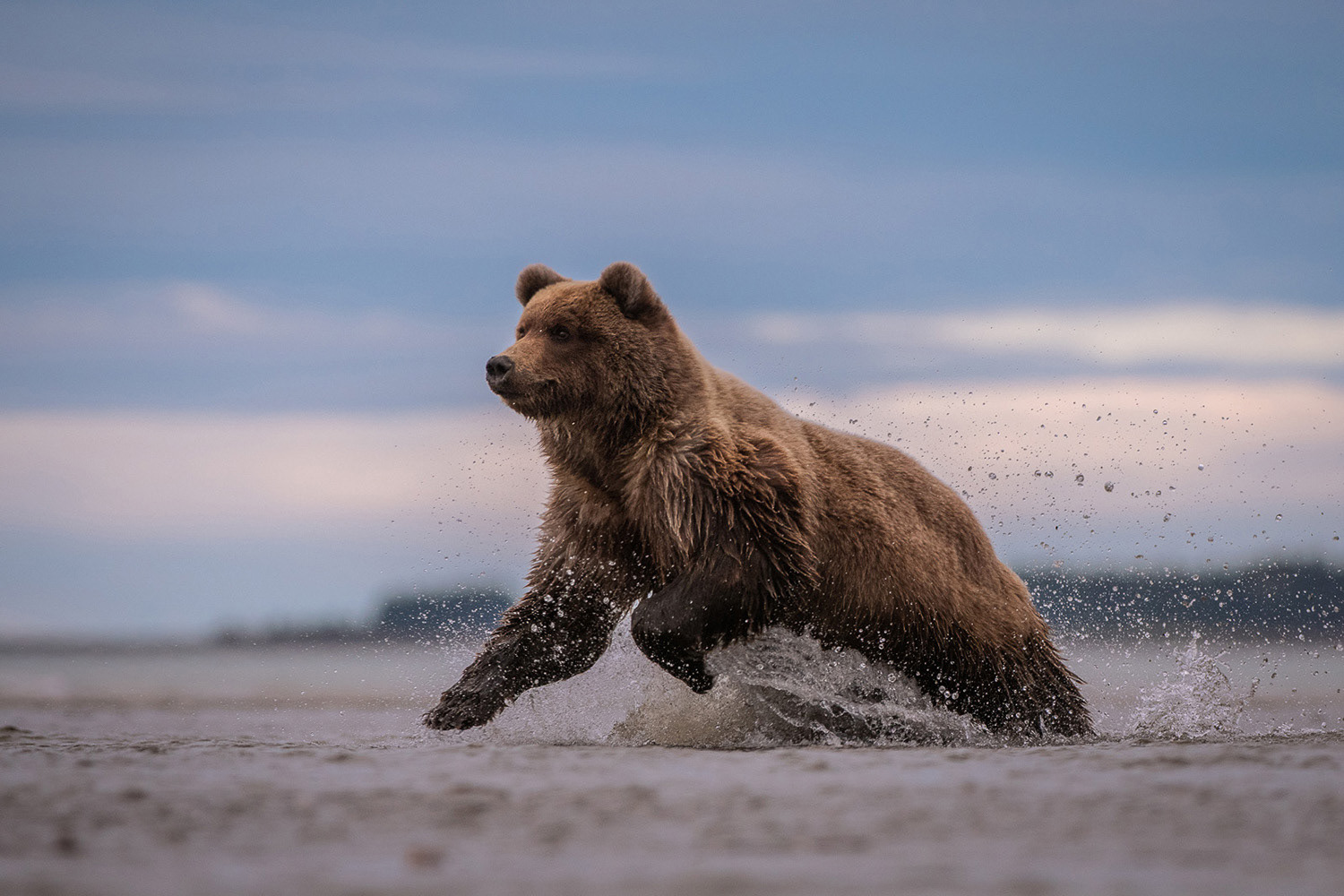
Is ageism in the industry something you thought about in your 30s? Your 40s?
In my 30’s, no. As with most things in life, we’re carefree until we’re not. In the words of The Faces, “I wish that I knew what I know now when I was younger.” In my 40’s, I suppose it might have been somewhere in the back of my mind when I noticed that there weren’t many people my age in the creative department of most agencies.
Is ageism something that’s affected you? What are some of the challenges you faced as a person who was getting older in the business? Do tell.
How could it not? It’s a reality of this and many other businesses, especially those creative-based. But I suppose we’re all affected by some form of an ism. This is the first I’ve had to deal with up till now. But I do get the jokes now and again about being out of touch from the younger guys just because I’m older — the assumption that I don’t have a clue about things like current music trends, etc. Speaking of isms, two industry headhunters recently told me the same exact thing — “Unfortunately, you’ve got two strikes against you, you’re male and you’re white.” So, there’s that too, but complaining about being an old white guy makes me sound like an old white guy. So, I won’t. Forget I just said that.
"...complaining about being an old white guy makes me sound like an old white guy. So, I won’t. Forget I just said that."
Did the reality of the ad industry contribute to the decisions you made/the path you’ve taken?
Ask me the same question in a few years. I’ve held steady up till now but things are changing fast and the old models seem to be a thing of the past. But some things will never change. Like the need for people who can tell a story. And people who understand a brand platform and a big idea. My wife is a managing director of creative talent and has worked in this industry for every type of agency (traditional, digital, PR, executive search, etc). Every place wants what it doesn’t have. So whereas the big agencies are always looking for digital and social and creative technologists, the digital and social agencies are looking for those with more of a traditional background.
What are your thoughts on where you are now, as you look back on your creative journey?
My career path wasn’t a rocket to the top but it has been a slow and steady climb. Not many my age are still doing what I’m doing. I had been at Grey for more than 10 years, from the age of 43 to 53 and I’ve seen most people in the department come and go. There are only a handful that have survived the gauntlet of the last decade. For me, the steady work and the never-enough-but-good-enough paid time off are what have enabled me to pursue my side passion as a wildlife photographer. In fact, my role as an ECD in advertising and that as a semi-professional wildlife photographer tend to complement and feed off of each other.
What do you feel creative people over 50 can offer over someone 20 years their junior, things that are unappreciated, or just plain overlooked?
With age comes the experience and gravitas to actually manage a client. Many of the younger people that I see that have advanced very quickly don’t always possess that ability. They take notes, they address concerns but they don’t manage the situation. It can be incredibly inefficient for the agency because a lot of time is wasted when certain problems aren’t met head on and dealt with. Also, by the time you get to my age, you realize many of the realities of this business. I like to advise the younger creatives that they have to be okay with the fact that 95% of the work you do at a big agency ends up in the garbage. I’ve heard a few creative leaders recently talking about the necessity of “giving a fuck.” I agree up to a point. You need to care enough to come in every day, but not too much to where you’ll burn yourself out and find yourself out of the business in a few years. It’s finding that balance that seems to be the secret to longevity.
What is your advice to people who are nearing or over 40 in the ad industry?
Don’t get too comfortable. You can’t really coast in this business. But you can find your niche. Whether that means going client side, embracing a genre like healthcare, or maybe even becoming a consultant of some sort. Sticking around often means successfully reinventing yourself as your career progresses. The reality is that there’s only so many slots at the top in advertising. The business pyramid is simple math.
"'Sticking around' often means successfully reinventing yourself as your career progresses."
How are you approaching the next 10 years? What does your future hold?
I’m lucky to have a side career in wildlife photography. I haven’t quite figured out how to make it lucrative enough to be a full time gig yet, but I have some ideas. Some people have investments in mutual funds to fall back on in their later years, I have a couple hundred thousand images of creatures from across the globe, much of it already earning licensing fees with my stock agent. In the meantime, however, my next move may be in-house. Who knows, or perhaps the top spot at a smaller agency. I really do enjoy the managerial part of the job these days. Mentoring younger creatives and helping them make their work better. And then on the side, I choose a few projects here and there to hammer out on my own. Further down the road from that, however, my retirement could simply be a shift from advertising to leading photography tours across the globe.
What do you see as potential solutions for ageism in the industry? Any thoughts on possibly unionizing?
As an aforementioned old white guy, it’s hard to talk about any sort of injustice when it comes to employment. But… it does exist and perhaps is a bigger problem than some other isms, at certain agencies. Not sure how a union would work, but I’m open to listening. The term “old hack” can be real — I’ve certainly encountered my fair share — but I think the people I viewed as “old hacks” when I was younger, were shitty creatives when they were younger too. Just like a lot of younger creatives today aren’t very good and will get older and still not be very good. Age has little to do with creative ability, although as I already mentioned, burnout can be factor. Maybe we just need a PR firm to represent us — get out the word that a lot of very good work is being done by older creatives.
"I think the people I viewed as 'old hacks' when I was younger, were shitty creatives when they were younger too."
What are some positive things you’ve experienced as you’ve grown older in the business?
My first ten years in the business were in a small market. There was never more than one team assigned to a project. It was your responsibility. Sometimes you nailed it and sometimes the work was just okay. There were no re-dos if the client wasn’t entirely happy. They already had media bought and needed to get the work out. There also wasn’t any testing or any of the other obstacles that I face on a daily basis these days. But… I love running a group. I’m ultimately responsible for the work, but I have a team to help get it there. I don’t have to come up with everything like I used to in the old days. It’s a nice feeling to know that. It’s an even nicer feeling to know that I’m having a positive impact on people who are still going to be in this business well after I’m gone.
Who do you look to for inspiration?
My true obsession lies outside the business and in the jungles, deserts and grasslands of the world. This is where I go to energize myself and return home with a fresh perspective. Therapy works for some, for me it’s getting out in nature. I always am at my creative best just after getting back from a trip — preferably where the non-humans greatly outnumber the humans.

